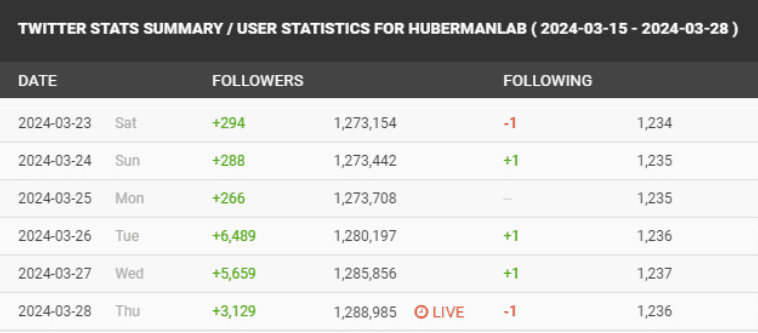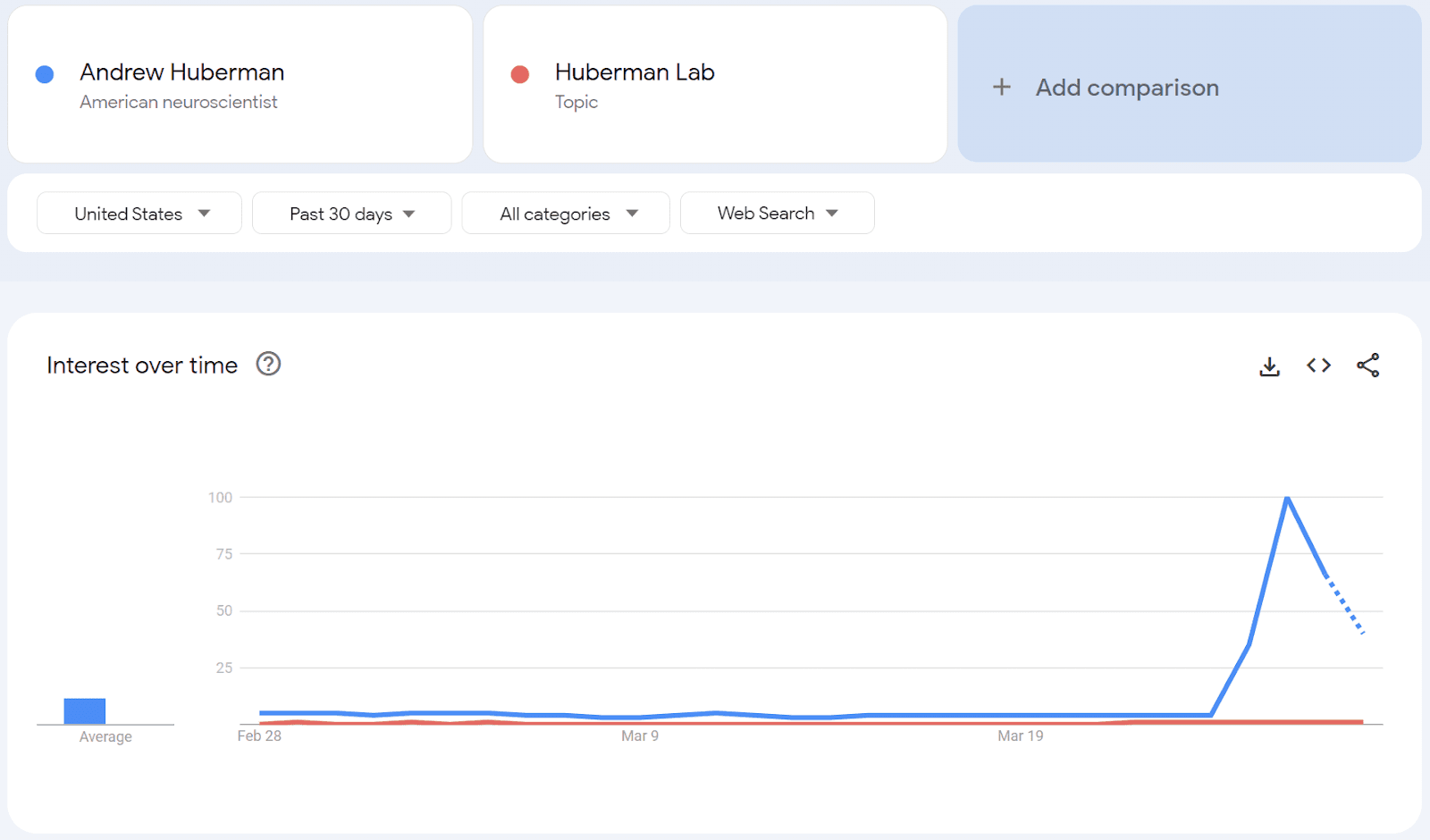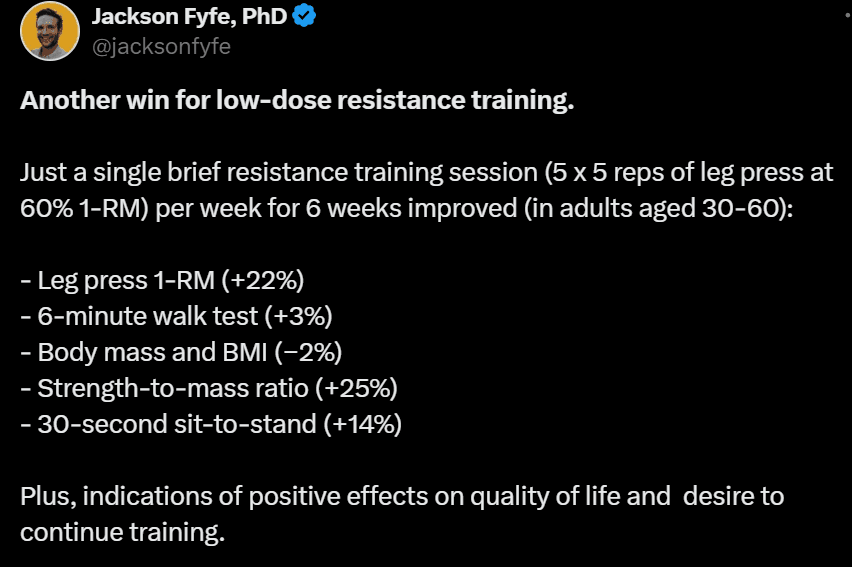What does the Huberman Scandal mean for longevity
Mar 30, 2024
News
Recent Posts

Welcome to The Long Haul! Every week, I’ll explore a longevity topic and then give a roundup of the big news in Longevity.
This week, the biggest longevity news had nothing to do with health.
(Were you forwarded this email? Please subscribe here.)
Today's Topic: What does the Huberman Scandal mean for longevity?
On Monday, New York Magazine released an exposé on Andrew Huberman, one of the leading voices in longevity. It turns out he cheats (with 6 women at once) and manipulates people.
It was a wild social experiment on cancel culture and infidelity. I’ve been watching it unravel and wondering how it impacts the longevity space.
To be clear: I’m not here to give you my opinion on what Huberman did or didn’t do. But I have some thoughts on how his choices — and the article — could impact the longevity space.
Why do we care in the first place?
None of us got cheated on by Andrew Huberman (I hope), but some people still feel cheated because of the parasocial relationship they had built with him.
Parasocial relationships are a fascinating phenomenon that has exploded because of social media:

In a parasocial relationship, one side (the “participant”) forms a psychological attachment to the other. The participant begins to depend on them and believes they know them better than others. [1]
This means we begin to care about what that person does, even if they’re a science podcaster and their relationships aren’t our business. Then people start posting things like this:

How it’s impacted him
In some ways, the social media uproar is good for Huberman. His follower count has increased. Guess what day the article came out?

But people are quickly losing interest. Media moves fast:

So, you might write this off as an insignificant blip.
But I think there’s something more.
How it impacts longevity
This is where I get opinion-based.
Watching Reddit and Twitter react to the article, I noticed that men and women responded differently.
Women seem more negatively impacted by the news. Studies have shown women hold less permissive attitudes towards infidelity, so that makes sense. [2]
However, when it comes to longevity, women make 80% of consumer healthcare choices in America. [3]
Despite biohacking and the longevity space being male-dominated right now, the greater sphere of healthcare is female-dominated.
If Huberman’s mission is to provide zero-cost education and help people take control of their health, he needs women behind his cause to make a difference.
Our parasocial relationship with Huberman makes us feel as though we have the right to react to his personal news, and women hate the personal news of infidelity.
Overall, I don’t think this is too big a deal for the space. Trend reports show the news has almost died already.
Instead, it serves as a reminder that personal decisions impact professional missions.
Longevity is about taking a preventative (not reactive) approach to healthcare decisions. If women are the decision-makers, it’s important that they like the space and its players.
What’s your take? Should we be worried?
The Haul: What you can’t miss in longevity this week

Newsletters
Dan Go tells us the 6 medical tests for longevity: warning, it’ll take some effort and cash
Research
Air pollution contributes to dementia: A 40,000-participant study showed that increased traffic-related air pollution is one of the most detrimental modifiable risk factors for dementia
Thanks for reading.
– Robyn
Opinion pieces: yea or nay? Let me know!
Interested in advertising in The Long Haul? Email robyn@girdley.com today.
SOURCES
[1] https://www.tandfonline.com/doi/abs/10.1080/00332747.1956.11023049
[2] https://www.ncbi.nlm.nih.gov/pmc/articles/PMC10002055
[4] https://www.rand.org/pubs/research_briefs/RB5018.html
DISCLAIMER: None of this is medical advice. This content is strictly educational.

